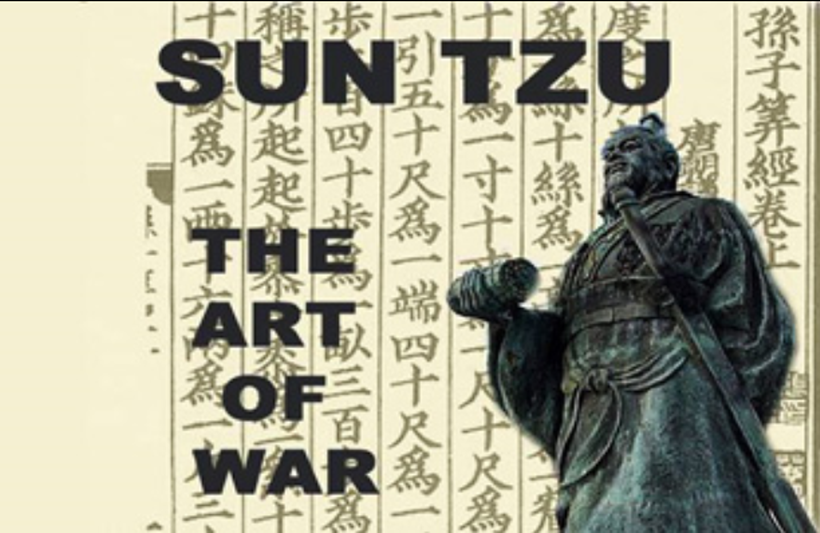
There is one 2500 year old Chinese book many important people have read in the history of military, in leadership building, in information handling, and in the competitive world of business. The list goes like this:
* Norman Schwarzkopf, US Army General
* Colin Powell, US Four Star Army General
* Napoleon Bonaparte, French Statesman and Military leader
* Mao Zedong, Chinese Revolution Leader
* Ho Chi Minh/General Vo Nguyen Giap, Vietnamese Revolution Leaders
* Russian KGB, widely study as their textbook
* All United States Military intelligence personnel, recommended reading
* Japanese Takeda Shingen, 16th century war-lord
* Most of Japanese business executives, 20-21st century
The title of that book is “The Art of War” and is attributed to have been written by Sun-Tzu, a military Chinese General, in the 5th century BCE This book has been and remains the most influential strategy text in East Asia, including China, Japan and Korea.
During the Three Kingdoms period in Chinese history, one of the central figures was Cao Cao (CE 155-220) who secured the most populated and prosperous regions of central plains and northern China. Cao Cao wrote a book with comments on Sun-Tzu’s The Art of War.
Cao Cao not only left his comments in his book, he made many copies, and trained his army with his book resulting his Kingdom became the strongest among the Three Kingdoms. He was the most feared leader during this period. One of Sun-Tzu’s line says, “All warfare is based on deception.”
For more than 1,000 years, rulers and scholars across Asia consulted The Art of War as their guidance. Since the 8th century Japanese samurai have studied it closely. However, the Western world did not see the book until the end of the 18th century when it was first translated into French. It was finally translated into English in 1905.
Winners Plan Ahead
The principle of Sun-Tzu’s philosophy is summarized as “Winners plan ahead.” It is the book’s logical and rational approaches that changed the course of Chinese and Asian history. The book stresses the importance of numerical data and calculated understandings on all aspects of war and states. The book changed warfare forever. The change was significant. People realized that a human has the power to change his own destiny. This was a significant shift as it gave people confidence in themselves, something that people did not have before Sun-Tzu.
